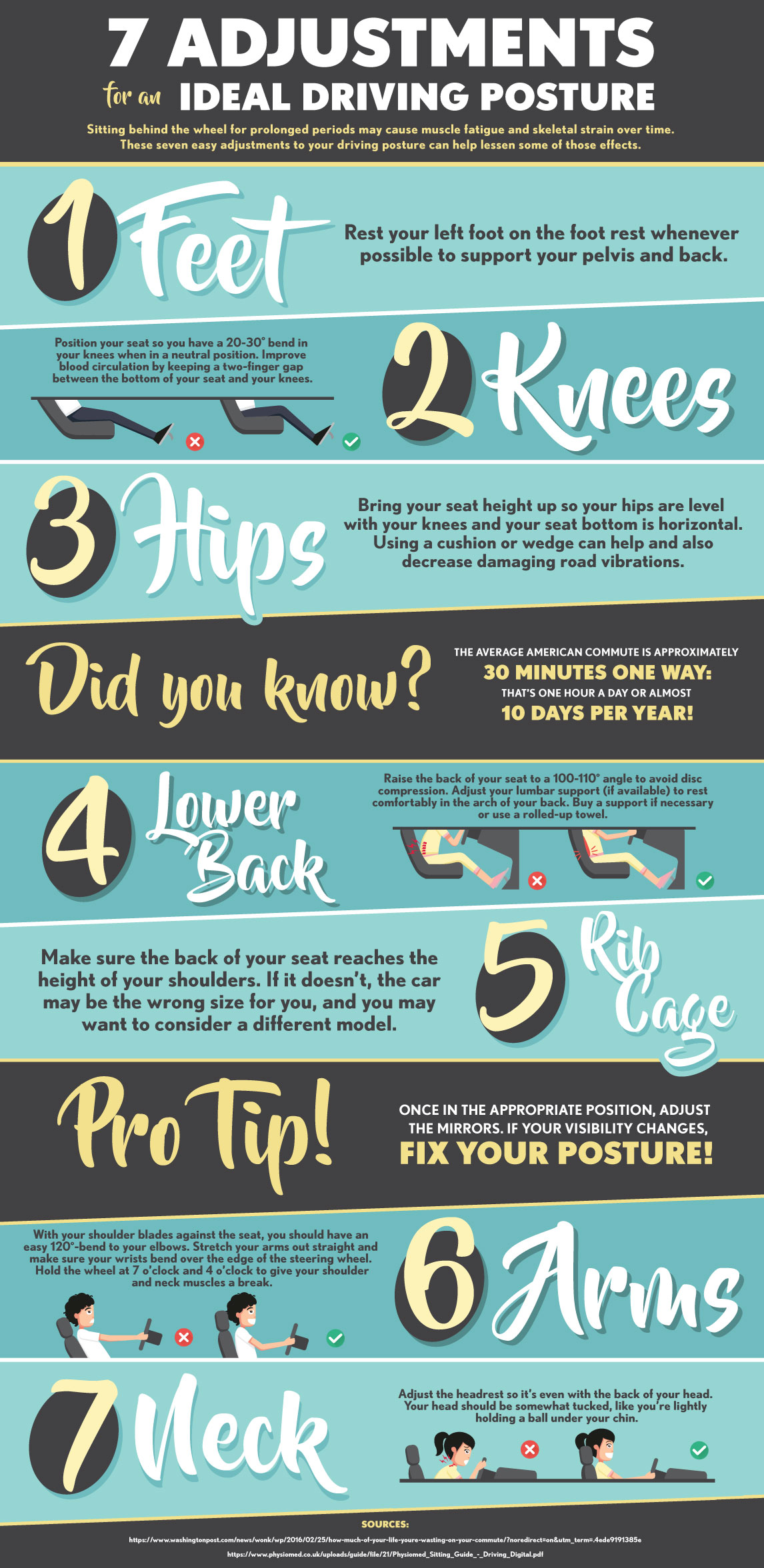The Impact Of Diet Regimen On Back Pain Administration: Foods To Incorporate And Foods To Exclude
The Impact Of Diet Regimen On Back Pain Administration: Foods To Incorporate And Foods To Exclude
Blog Article
Written By-Singer Jordan
When it involves managing your pain in the back, the food selections you make can substantially affect just how you really feel on a daily basis. Envision having the ability to alleviate your pain simply by adjusting what you eat. By understanding the function of nourishment in back pain monitoring and knowing which foods to include or steer clear of, you can take positive actions in the direction of a healthier and much more comfy way of life. The connection between nutrition and back health and wellness is more profound than you may realize-- let's explore exactly how particular foods can either soothe or aggravate your neck and back pain.
Importance of Nutrition in Neck And Back Pain
Nutrition plays an important role in managing neck and back pain. Your diet can dramatically impact swelling levels and overall discomfort degrees in your back. Taking in https://eduardohbwql.newsbloger.com/31755282/from-aches-to-placement-just-how-chiropractors-can-recover-your-body balanced diet plan abundant in nutrients like vitamins D and K, calcium, magnesium, and omega-3 fatty acids can help in reducing swelling and reinforce bones, which are essential for back health and wellness.
Additionally, preserving a healthy weight via appropriate nutrition can ease stress on your back, minimizing the threat of neck and back pain.
Additionally, specific nutrients like antioxidants found in vegetables and fruits can assist battle oxidative stress and advertise healing in the body, including the back muscle mass and back.
On the other hand, eating excessive amounts of processed foods, sugary drinks, and unhealthy fats can add to swelling and weight gain, exacerbating neck and back pain.
Foods to Consume for Back Health
To sustain a healthy and balanced back, incorporating nutrient-rich foods into your daily dishes is essential. Including foods high in anti-oxidants like berries, spinach, and kale can help in reducing swelling in your back, reducing pain and pain. Omega-3 fatty acids found in fatty fish such as salmon and mackerel have anti-inflammatory buildings that can benefit your back health.
Additionally, eating nuts and seeds like almonds, walnuts, and chia seeds provides vital nutrients like magnesium and vitamin E, which support muscle mass function and reduce oxidative stress. Integrating lean healthy proteins such as hen, turkey, and tofu can aid in muscular tissue repair service and maintenance, promoting a strong back.
Don't forget to consist of milk or fortified plant-based options for calcium to support bone health and wellness. Finally, moisturize with a lot of water to maintain your spinal discs hydrated and operating optimally. By including these nutrient-dense foods in your diet regimen, you can nourish your back and support overall spinal wellness.
Foods to Avoid for Pain In The Back
Opt for preventing processed foods high in sugarcoated and trans fats when seeking remedy for back pain. These types of foods can contribute to swelling in the body, which may intensify back pain. Say no to visit the next document , pastries, and sweet beverages, along with fast food things like hamburgers, french fries, and fried chicken that are frequently loaded with trans fats.
In addition, avoid foods including high levels of refined carbs, such as white bread, pasta, and breads, as they can increase blood glucose degrees and possibly intensify inflammation in the body.
It's also important to limit your consumption of foods high in hydrogenated fats, like red meat and full-fat milk items, as they can add to swelling. Refined foods like delicatessens meats, chips, and packaged snacks are typically high in saturated fats and must be eaten in small amounts.
Conclusion
To conclude, taking notice of your diet plan and making smart food options can have a significant effect on taking care of back pain. By incorporating nutrient-rich foods like berries, fatty fish, nuts, and lean healthy proteins, and staying clear of processed and sugary things, you can help reduce swelling and support overall back health. Bear in mind, what you consume plays an important duty in how you really feel, so make certain to prioritize your nourishment for a healthier back.
